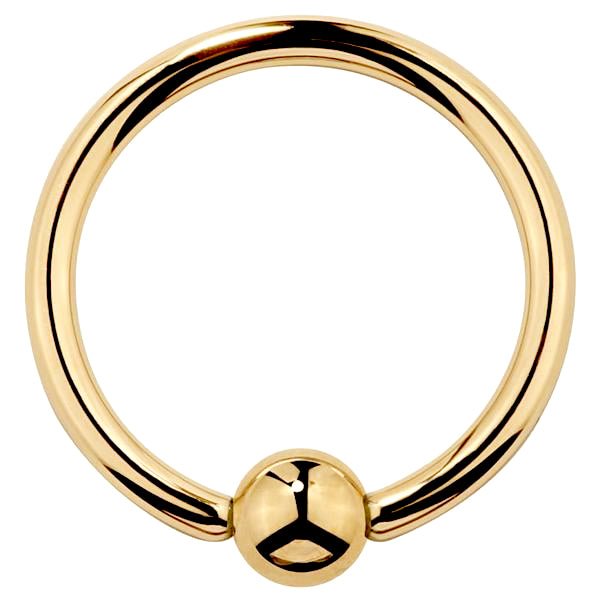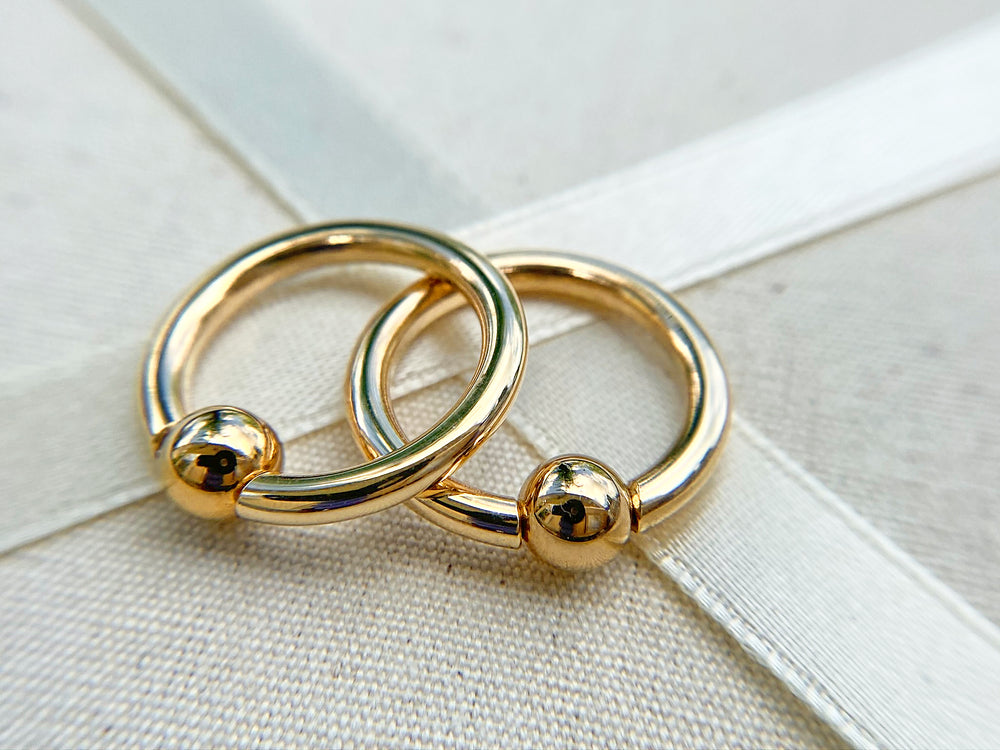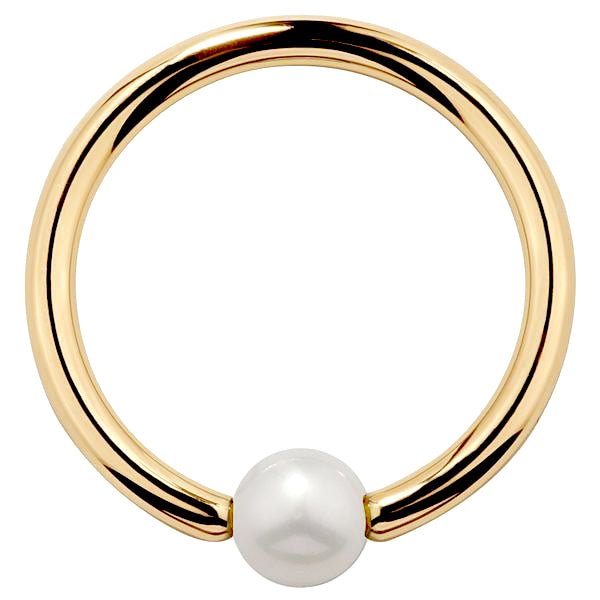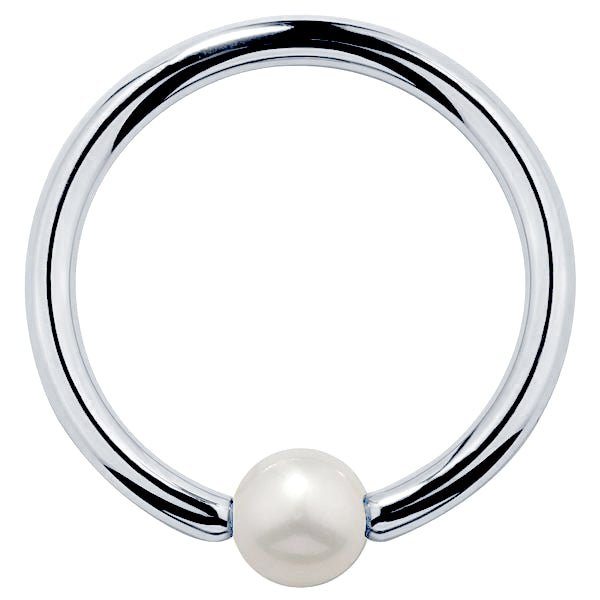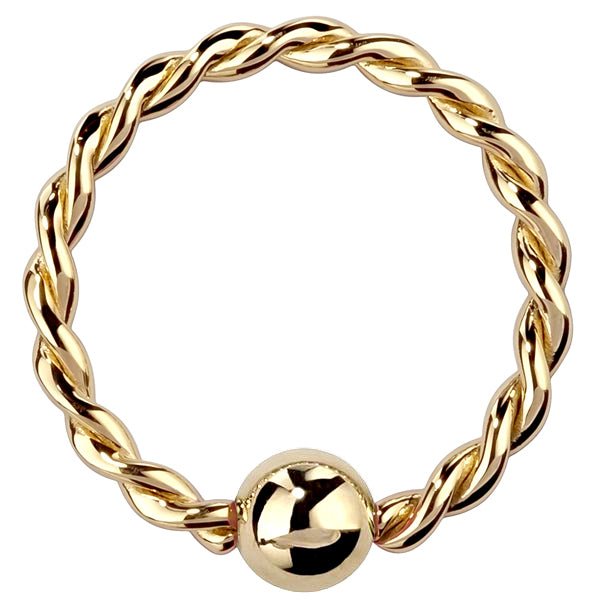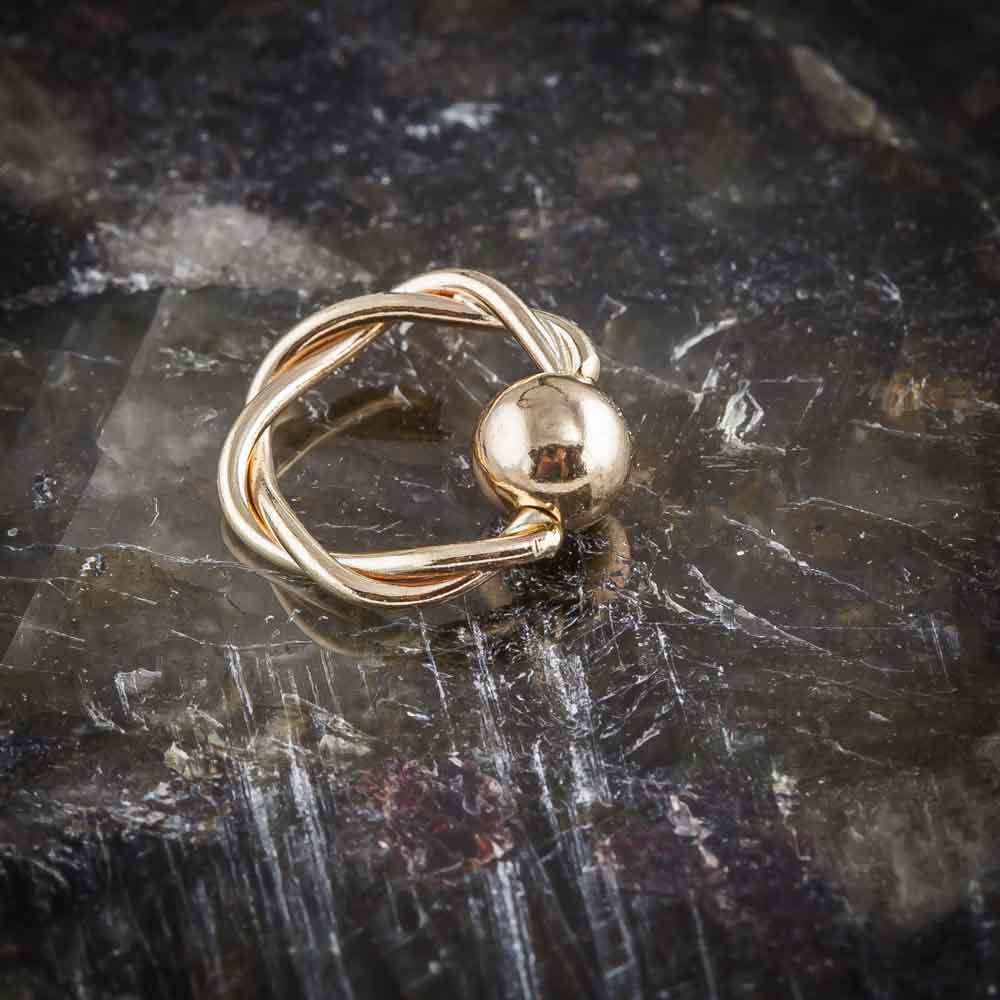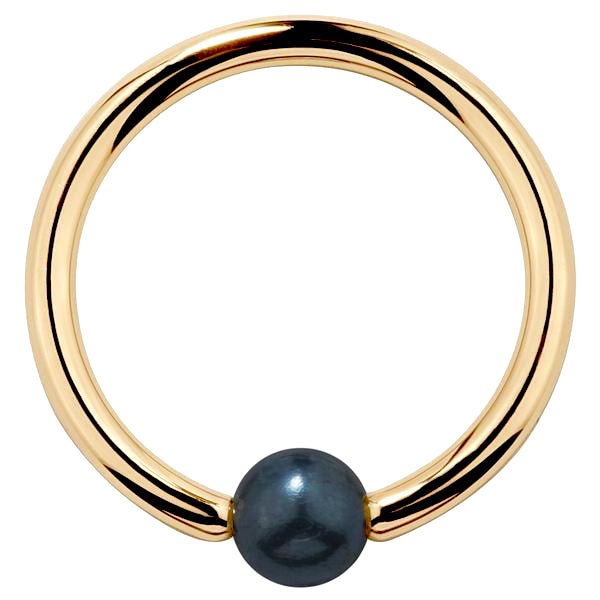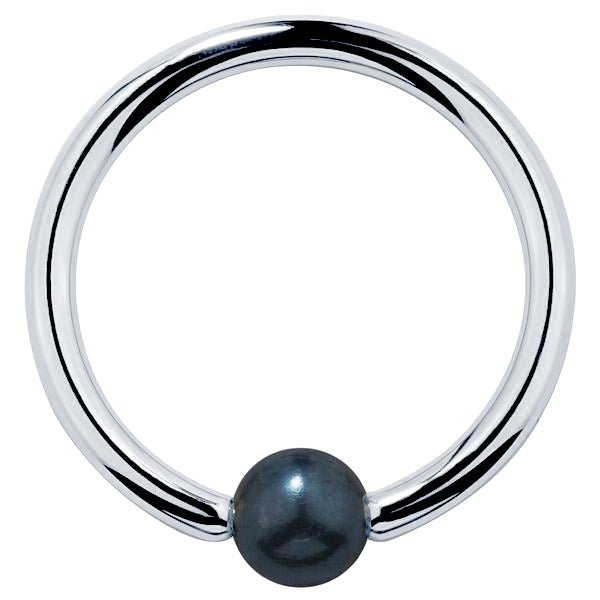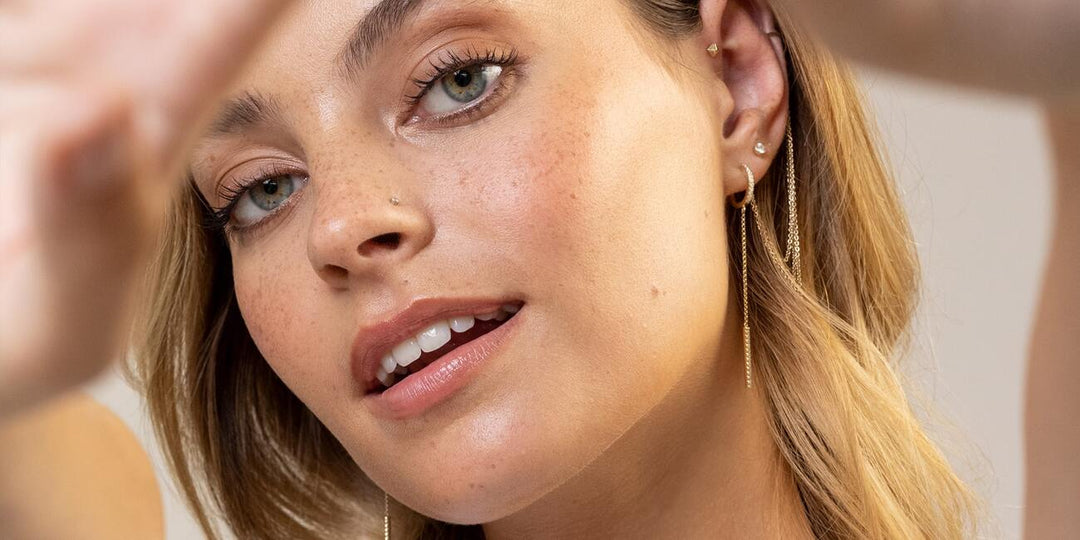What Is A Penis Piercing? Male Genital Piercings Frequently Asked Questions
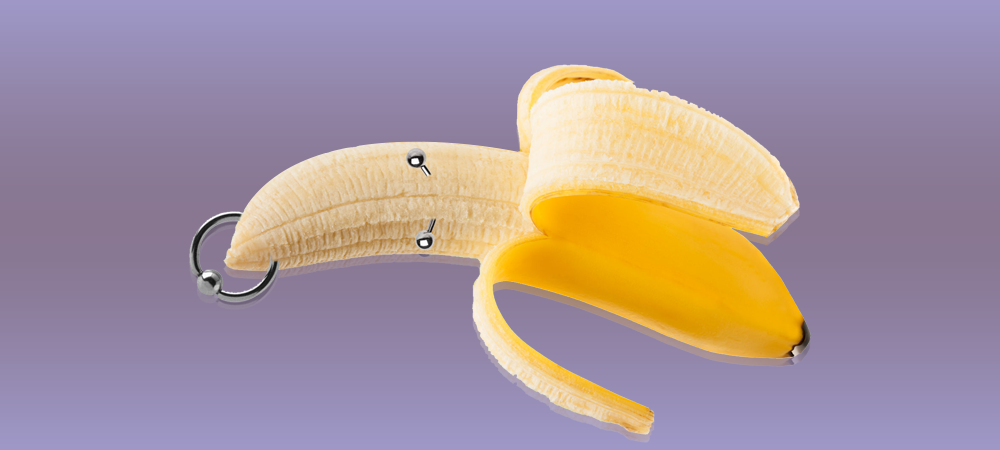

When one hears about the existence of genital piercings, it’s difficult not to feel intrigued. After all, the last thing that you probably want around your sensitive nether region is a sharp needle. You may be wondering what is so great about a genital piercing that makes people put themselves in such a vulnerable position to get pierced.
People choose to get their genitals pierced for a number of reasons, from increased sexual pleasure to simple decoration. Male genitalia offers a vast canvas with many different piercing opportunities, depending on why one wants to get pierced.
If you’re curious about genital piercings, then we’re here to answer some of your questions. Here are frequently asked questions about penis piercings.
What Are Penis Piercings?
Male genital piercings, sometimes referred to as penis piercings, refer to piercings done in and around male genitalia. There are a wide range of piercing choices that appear along the shaft of the penis, in the scrotum, through the foreskin, and more.
Although most male genital piercings are surface piercings (they don’t go perpendicularly through the shaft of the penis), there are some that do. Because it’s such a delicate procedure, it’s important that you choose a piercer who has specific expertise regarding genital piercings.
The most common penis piercing is the Prince Albert piercing. This goes through the urethra at one end and beneath the tip of the penis on the other. It’s designed to increase the sexual pleasure of the wearer.
Other common male genital piercings include the frenum piercing, which is a surface piercing that goes through the skin beneath the shaft below the tip of the penis, and the apadravya piercing, which goes through the tip of the penis at an angle.
For a full list of male genital piercings, click here.
Why Do People Get Male Genital Piercings?
Depending on the location of the piercing, penis piercings have multiple purposes. Mainly:
- To increase sexual pleasure of the wearer.
- To increase sexual pleasure of the partner.
- Decoration.
Before you get a genital piercing, it’s important to have a consultation with your chosen piercer. They will be able to take a look at your anatomy and let you know which piercings are suitable for you. They may also be able to provide some guidance when it comes to location.
Are Penis Piercings Safe?
As with all piercings, penis piercings are safe if you choose a reputable piercer.
Since you’re dealing with such a sensitive area, you should find a piercer with specific expertise in genital piercings. The last thing you want is a botched genital piercing that could cause scarring or decreased sensitivity.
If you choose a reputable piercer, however, penis piercings are perfectly safe. Some piercings, like the Prince Albert piercing, go directly through the urethra, so you might experience some spraying while urinating after getting a piercing in this location. Otherwise, you shouldn’t see any long term side effects from getting your penis pierced.
Do Penis Piercings Hurt?


The answer to this question will depend upon your personal pain tolerance and the location of your piercing.
You might be surprised to learn that many penis piercings hurt less than anticipated. Many who have gotten their genitals pierced reported that it hurt less than their cartilage piercings. However, your piercer will best be able to prepare you for whatever pain you might feel.
How Long Do Penis Piercings Take To Heal?
Although it depends on the piercing, most male genital piercings take no more than 3 months to heal.
As with every piercing, you should have your piercer confirm that you are done healing before you stop aftercare practices.
Related Products
View allFreshTrends Tip
Use saline solution or a homemade sea salt solution to clean your piercing 2 - 3 times daily.
What Is The Penis Piercing Healing Process?
Penis piercing aftercare is the same as any other piercing: simply clean the piercing 2 - 3 times daily with a piercing aftercare saline solution.
You may be concerned about urination, especially if you receive a piercing through the urethra. Luckily, your own urine won’t cause an infection or other issues. Just be mindful and make sure you gently wipe the area after using the toilet.
Be careful with your piercing as it heals. You should limit intercourse during the healing period, and consider abstaining entirely for at least the first few days. If you do choose to have intercourse, make sure that you and your partner are gentle; moving the jewelry too much can cause issues like scarring and jewelry rejection. You should also clean the piercing immediately after intercourse.
What Jewelry Do I Wear In My Penis Piercing?
The type of jewelry that you can wear in your penis piercing will depend upon where you were pierced. The most common jewelry types are:
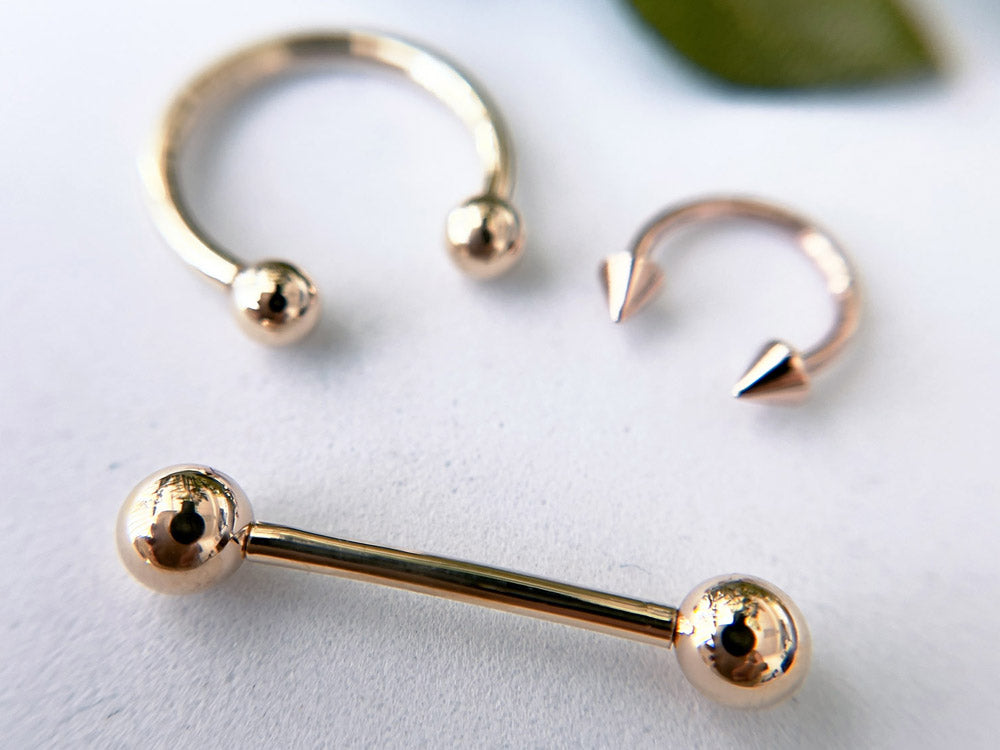

- Circular Barbells
- Captive Bead Rings
- Curved Barbells
- Straight Barbells
You can get a standard piece of jewelry or decorate it with pearls, opals, and other gemstones. Just keep in mind that you may want to stick with smoother options for comfort.
Since these piercings appear in such a sensitive area, it’s a good idea to invest in high-quality materials, like 14k gold and platinum, to ensure optimal comfort and that your jewelry will last a long time.
If you’ve been looking for something to spice up your love life, then a genital piercing could be just the thing. Now that you’ve got the basics, you can set up a consultation with a reputable genital piercer and discover which penis piercing is best for you.
